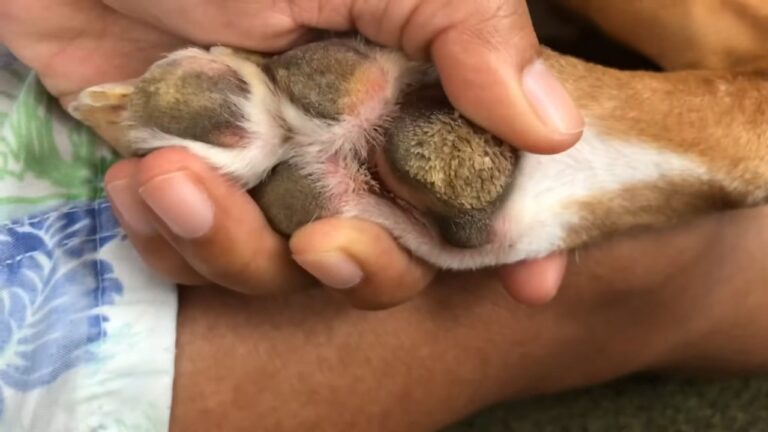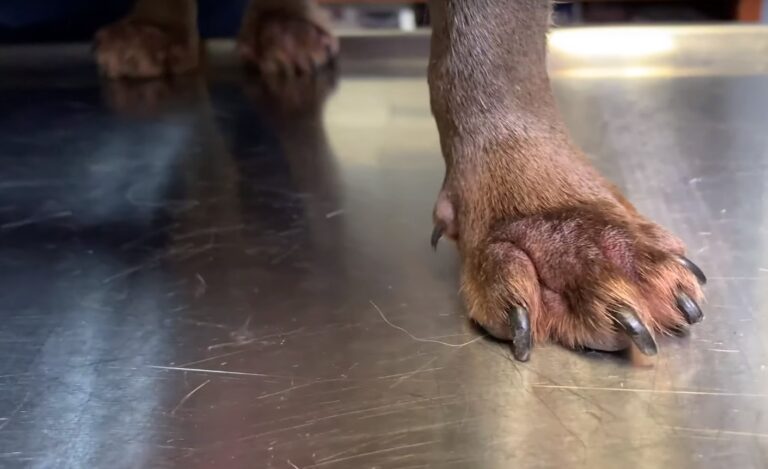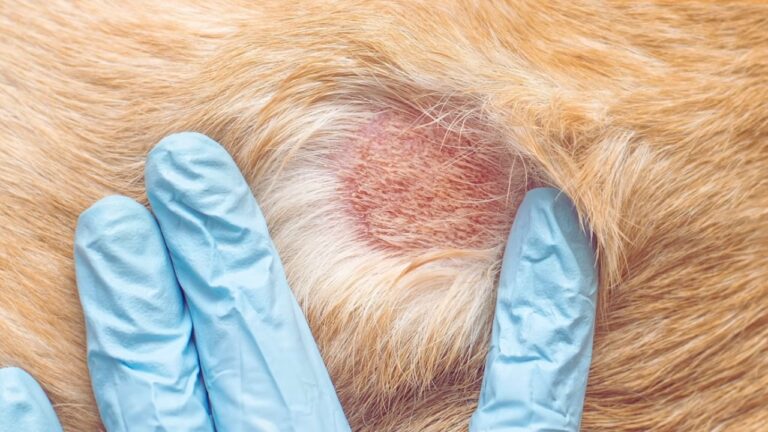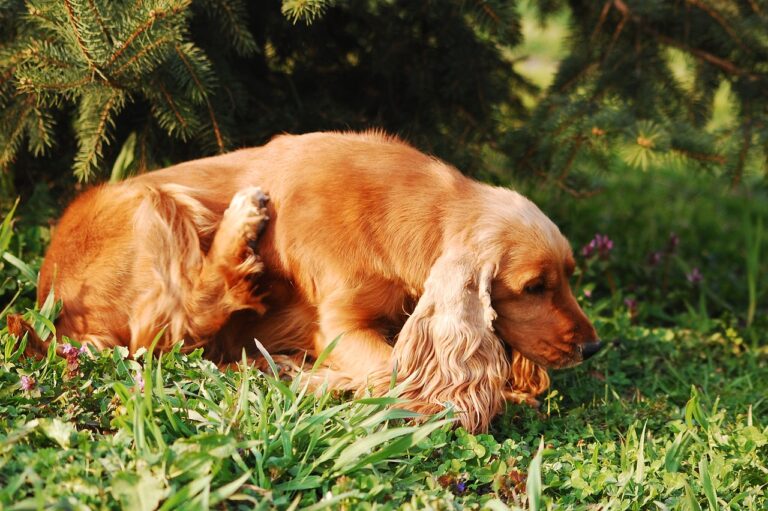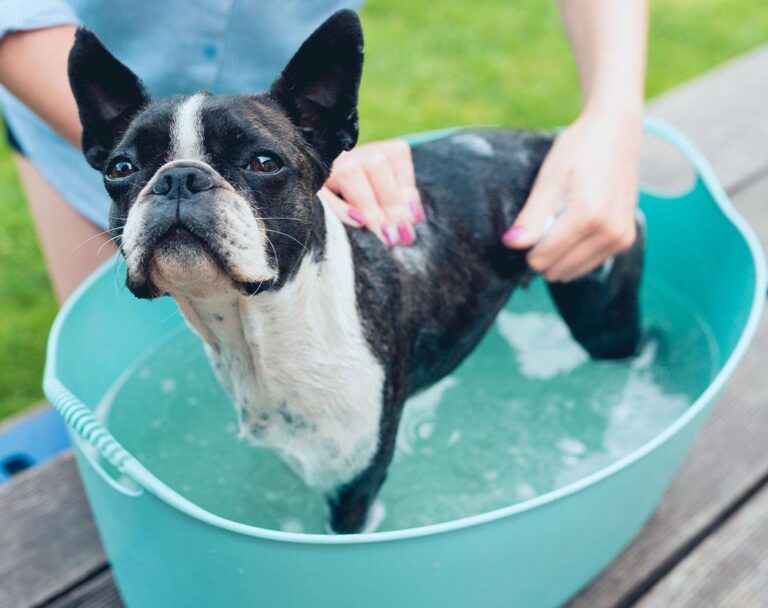Frenchies are one of the most popular breeds these days. And it is not a surprise. They are cute, playful, and perfect for apartments due to their smaller size. They are great with kids and can socialize quite well with other animals.
However, before you decide to get one, you should learn more about the needs this breed has. It’s not as simple as it gets with some other dogs, and you must be aware of some things to take proper care of your little bulldog.
Here are the most important things to know about proper care of Frenchies.
1. Breathing Issues
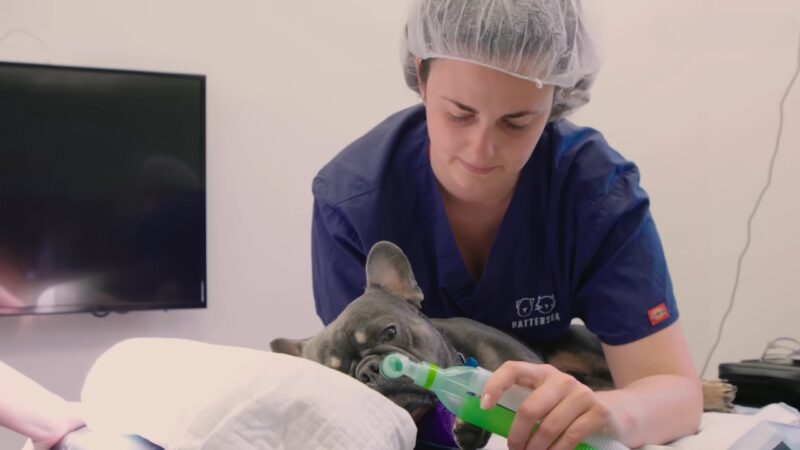
When it comes to breathing issues, French Bulldogs definitely take the cake due to their pushed-in faces. Don’t get me wrong, those smooshed up features are darn cute. But under all that charm there can be some serious respiratory challenges that need attention.
A lot deal with what’s called Brachycephalic Airway Syndrome. Basically with their short noses and flat faces, air doesn’t flow as freely as it should, especially when they’re active or it’s hot and muggy out. That can cause all sorts of problems if not managed.
Making sure your Frenchie stays comfortable is really important. Regular vet checks help keep an eye on things. Paying attention to how they exercise and what the weather’s like also goes a long way. It’s work but maintaining their quality of life is worth it.
Due to their breathing, these dogs can also struggle with heat a lot more than other pups. With their smooshed faces they can’t cool off as easily. Providing a nice cool area, especially in hot weather, and taking breaks on extremely warm days, helps prevent issues from arising.
2. Skin and Coat Maintenance

Those signature wrinkles and brushed coats give Frenchies their beloved look for sure. But maintaining that surely takes commitment! Their creases and fur demand regular cleanings to avoid possible infections or issues.
Puppy cleanser baths really are a must to tend to all those folds. Missing even one tiny spot could lead to troubles down the line if left unchecked.
Their skin is oh so delicate too. Consistent check-ins, watching close for any inflammation or peculiar scents, helps catch anything amiss before it gets too bothersome. Top priority is always our pups’ comfort after all.
Sensitivities seem to affect these dogs quite a bit at times. Flare ups leave them scratchy and shedding like nobody’s business.
Maintaining their fluffy coats requires extra attention, ensuring they remain soft and luscious despite their active lifestyles.
3. Ensuring Optimal Nutrition

These dogs can be allergic to some foods, creating issues downstairs. That’s why choosing the right fuel is key. High-quality protein, and fats, and watching carb intake seem to suit him well overall. Giving him the nutrients he needs and controlling calories too keeps him feeling top-notch.
Food sensitivities aren’t uncommon either. Franklin’s had some flare-ups before that left him a hot mess, poor guy. Finding triggers and avoiding ’em is a must for his digestion. We even did an elimination diet with our vet – really pins down what’s causing trouble.
Fewer additives mean fewer chances for a reaction. Franklin gets the nutrition he needs without the side effects that way.
4. Joint and Hip Health

Hip dysplasia is pretty common. It causes issues in sockets that can bring arthritis – gotta watch these pups close when they’re rising or moving to spot it early on. Talking to the vet about options can get ahead of things for pups showing signs.
Of course, carrying extra weight doesn’t help these dogs’ skeletons either. Too much load on bones exacerbates whatever’s already brewing. Monitoring meal portions alongside keeping hips solid is such a necessity as time rolls on.
It’s best to establish light activity for puppies while they’re developing too though! Gentle exercise without stress on their limits ensures mobility stays up and helps control weight as life goes on. Low-impact plays it safe for our furry companions’ frames.
5. Eye Health
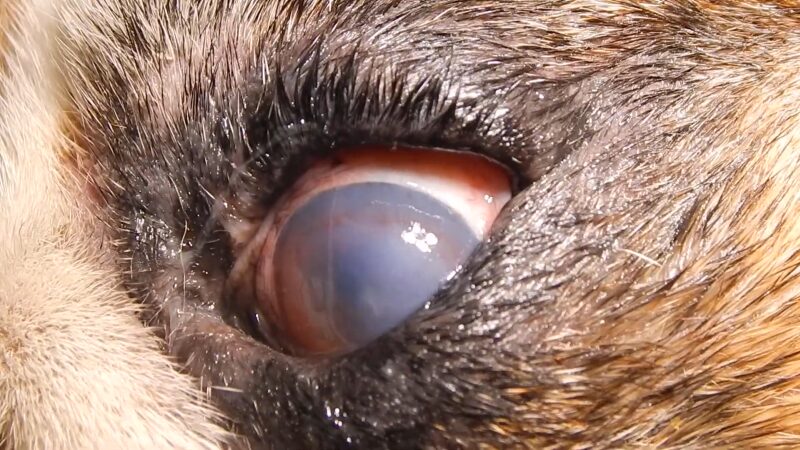
I always take a close look for redness, gumminess, or anything else off about his peepers. Even cleaning around ’em gently each day removes any crud before trouble starts.
Any new behaviors are also a sign – like if he starts rubbing at his eyes more or squinting in light. That could mean a vet visit’s due to address issues before they escalate.
Certain conditions, like cherry eye when the gland protrudes or cataracts, are pretty common too for these pups’ eye shape. It pays to recognize symptoms so I can get him proper care promptly if anything comes up.
6. Proper Dental Care
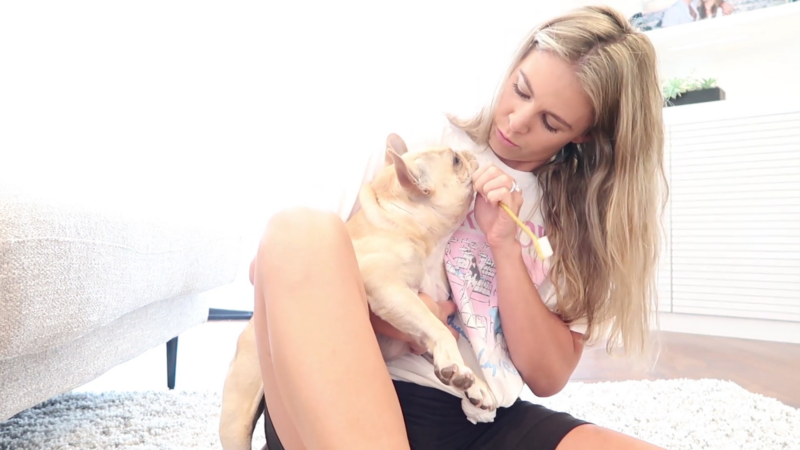
Having a solid routine down pat from the start makes a world of difference. My pup Frankie gets his chompers brushed regularly with pup-safe paste. Dental chewies and checkups along the way too keep his mouth ship-shape.
These dogs are prone to misaligned teeth that escalate if over looked. Any smelly breath, pinkish gums, or tartar buildup sends us to the vet right away so they can nip trouble in the bud before pain sets in.
7. Behavioral Needs
Separation anxiety is tough for dogs who bond so closely. The stress can cause torn up furniture, constant barking, or worse if not addressed. Crate training with favorite chew toys provides comfort when they’re home alone. Making sure they get exercise too takes the edge off.
Patience is needed seeing as these dogs can be headstrong at times. Effective obedience calls for rewarding wanted behavior repeatedly until it clicks in their brain. Praise and treats motivate learning what “sit” means without pushing too hard. Their temperament requires kindness and consistency both.
8. Adequate Exercise
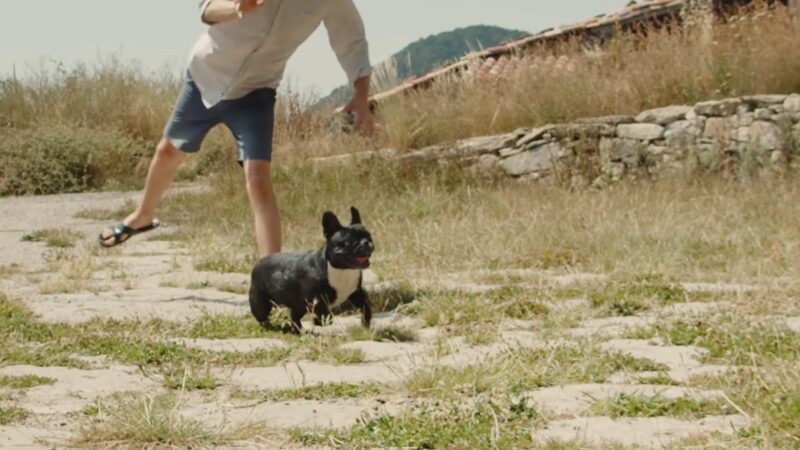
Staying fit means keeping tabs on weight and form with regular play. However, those breathing struggles require dialing it back now and then. Panting too hard or reluctance to bop means it’s time for a break!
Low-key activities like walks where they set the pace or play indoors provide exertion without straining tiny lungs. Better to avoid vigorous yard romps when it’s hot or humid out as well in fear of overheating.
Toys that make ’em think and engage all five senses stimulate the brain and body safely from the comfort of home. Proper care in motion prevents any issues later on from overdoing it outdoors. Quality time found its balance.
9. Social Needs

Arly socializing when they’re puppies sets ’em up perfectly. Slowly revealing ’em to new people, places and things in a loving, fun way grows confidence facing anything unfamiliar later on. Less stress, more joy.
Frenchies tend to pal around just fine with other furkids – but introductions require patience and care. Keeping first meetings calm and controlled allows them to bond right without kerfuffles. Monitoring how they play prevents rare disagreements before problems arise.
A little effort in their social development fosters pups sure of themselves and comfortable around others.
10. Regular Health Check-ups

Visiting their doctor regularly for checkups helps closely track health over time. Having one experience with this breed’s needs makes sure my pup is receiving the best. Their body comes with certain risks, so a vet’s eye eases worries.
Vaccines and monthly flea/tick/worm preventatives are not worth skimping on – save them from loads of issues down the road. Following the advised vaccine schedule safeguards their wellness, period.
Summary
It is crucial to learn more about the main characteristics of this breed so that you can ensure proper care. When you are sure that your little friend is healthy, you can pay more attention to other, much more entertaining activities.

